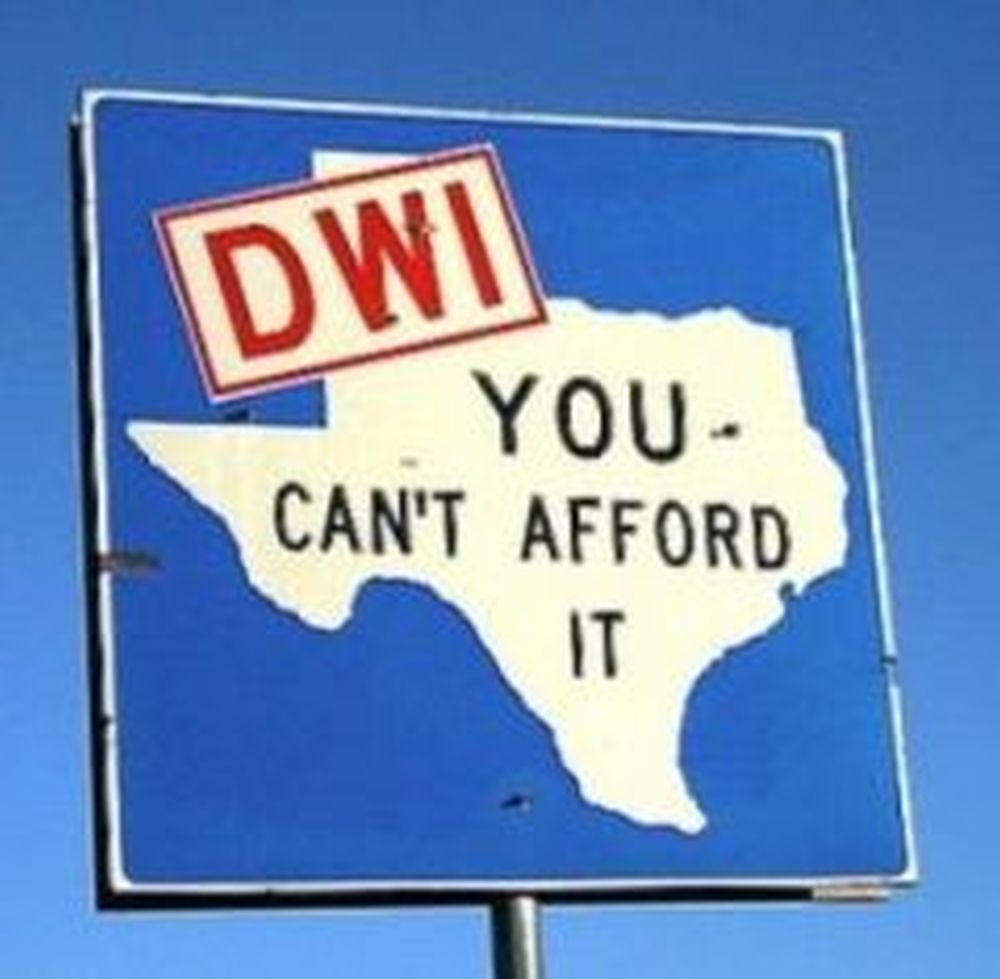When deciding between extensive and collision insurance, understanding deductibles is key to managing your finances effectively. Each type of coverage has distinct functions and offers different deductible options. Choosing a higher deductible might lower your premiums, but it also means more out-of-pocket costs when you file a claim. Balancing these choices requires careful consideration of your financial situation and risk tolerance. So, what factors should you weigh when making this critical decision?
When it comes to protecting your vehicle, understanding the differences between comprehensive and collision insurance is fundamental. Both types of coverage serve to protect your investment, but they cover distinct incidents. Comprehensive insurance addresses damages not caused by collisions, such as theft, vandalism, or natural disasters like hail and earthquakes. On the other hand, collision insurance is specifically for accidents involving your vehicle and another vehicle or object, irrespective of who's at fault. Knowing these differences helps you choose the right coverage for your needs.
Typically, lenders require both comprehensive and collision insurance for financed or leased vehicles, but there's no state law mandating either. It's important to evaluate your vehicle's value and your driving habits when deciding on coverage. If you often park in high-crime areas or live in regions prone to natural disasters, comprehensive insurance becomes crucial. Conversely, if you drive frequently in accident-prone locales, collision insurance is likely more beneficial. Understanding your specific insurance requirements can further guide your decision.
Cost is another significant factor. Collision insurance generally has higher premiums, averaging about $723 annually, compared to comprehensive insurance, which averages around $263. This difference is important when budgeting for your insurance expenses. By analyzing your financial situation and risk tolerance, you can make more informed decisions regarding which coverage to prioritize.
When it comes to deductibles, you have the flexibility to choose different amounts for comprehensive and collision insurance. This aspect is important, as higher deductibles typically lead to lower premiums, which might be appealing if you wish to reduce your monthly expenses. However, if you have a lower deductible, you could face higher premiums but less out-of-pocket expense in the event of a claim. Your deductible choice should align with your financial capacity and comfort level with risk. Different deductibles can be chosen for comprehensive and collision coverages, allowing you to customize your policy according to your needs.
Both comprehensive and collision insurance have limitations; coverage is typically limited to your vehicle's current value. As a result, it's important to regularly assess your vehicle's worth and adjust your coverage accordingly. If your vehicle is newer or more valuable, comprehensive and collision insurance becomes increasingly crucial, as these policies will provide a more substantial financial safety net.
Additionally, the overall concept of full coverage insurance encompasses liability, comprehensive, and collision coverages. Full coverage is often required for financed or leased vehicles and is recommended for high-value vehicles. This type of coverage offers extensive financial protection against various risks, but it's important to understand that costs will accumulate based on the premium for all included coverages.
Ultimately, your insurance decision should reflect your lifestyle, vehicle value, and financial considerations. While it may be tempting to save on premiums by opting for higher deductibles, you must weigh the potential costs against your ability to pay in case of a claim. By understanding the nuances of comprehensive and collision insurance, you can better protect your vehicle and make informed choices that fit your needs.
Conclusion
In the end, choosing between higher or lower deductibles might feel like a gamble. You could save on premiums now, only to face a mountain of costs later when you need to file a claim. Ironically, it's often in those moments of chaos—like a deer suddenly deciding your car looks like a great spot to rest—that your choice really hits home. So, consider your financial comfort, and remember: sometimes, less really is more, especially when it comes to peace of mind.

